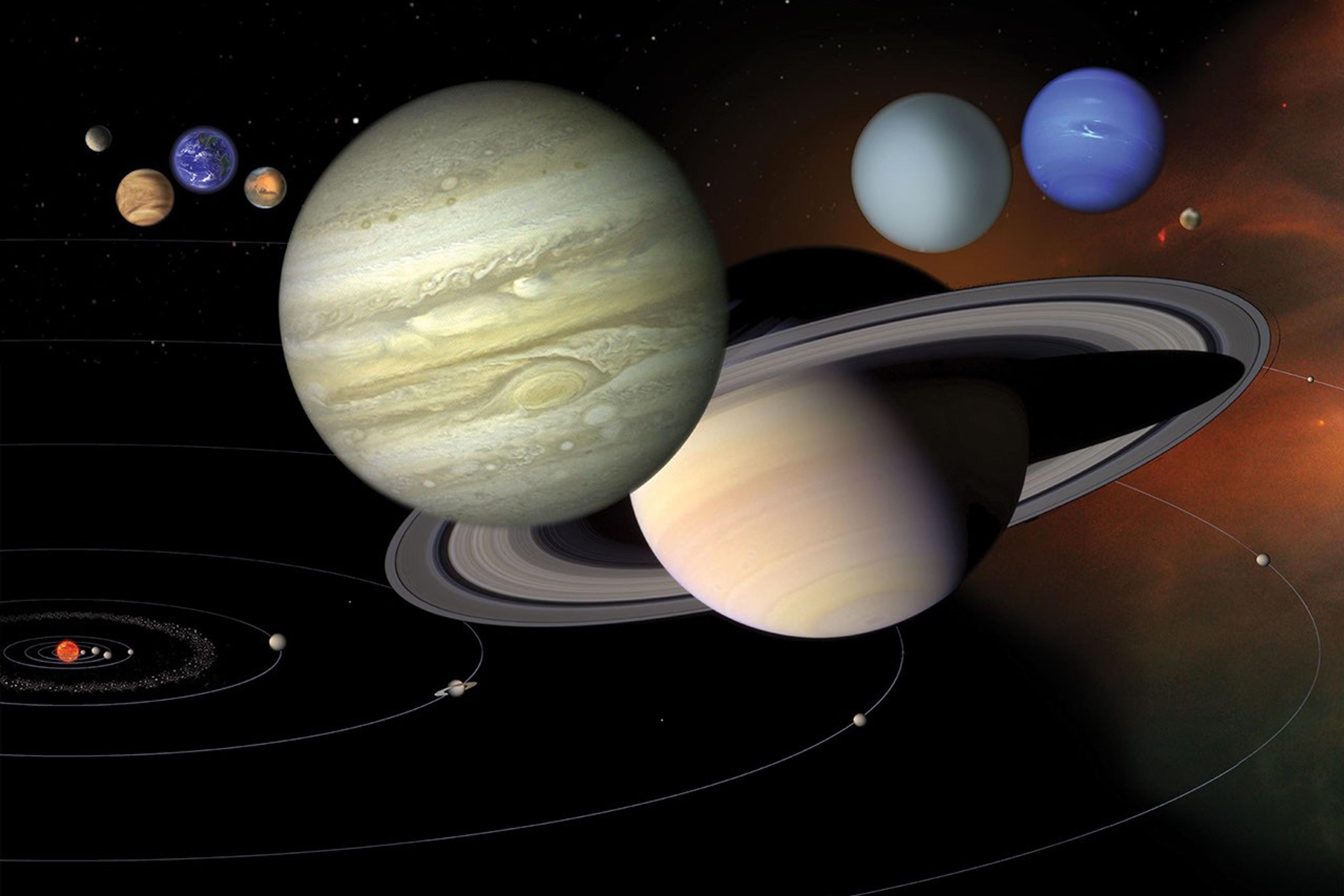Sometimes we piss ourselves off. Sometimes we have only ourselves to blame for what happens to us. When you lock yourself out of the house, forget about an important deadline or miss your chance to tell someone how you feel about them, you may justifiably get angry at yourself. Despite self-directed anger being a relatively common emotion in everyday life, it has escaped the attention of both philosophers and psychologists. Why?
Perhaps it is because it can get mixed up with feelings of shame and guilt, two emotions that are often triggered by the same sorts of situations. Indeed, it might be appropriate to feel ashamed for forgetting about a deadline, or for failing to profess your love to someone, and certainly if you’ve locked out not only yourself, but also your family, you might feel guilt as well as self-anger. That there be an overlap in eliciting situations is no reason to ignore the emotion of self-anger, however, and if we keep neglecting the emotion, we will never find out if it has an important or distinctive role to play in our lives.
To investigate the function of self-anger, we need to take a closer look at its nature. So, what is self-anger? As the name suggests, it seems to be a type of anger, but sometimes names can be deceiving. We cannot go on name alone, we need an account of the nature of the emotion to determine whether it really is a type of anger and what exactly distinguishes it from other negative ‘reflexive’, or self-directed, emotions such as guilt and shame.
Let’s look at paradigmatic cases of anger and see how self-anger measures up. Typical or paradigmatic anger is other-directed. It involves blaming targets other than the emoting agent (such as your mother, your boss, or the patriarchy) for offences or injustices. It is characterised by a negative valence, and is correlated with approach behaviour, typically aimed at confronting the target of anger, be it to seek revenge, apology, deterrence or rectification for the offence. Anger is an extremely motivational emotion that involves a high evaluation of one’s capacity to cope with, control or change the triggering offence. That is, unlike other negative emotions such as sadness, where ‘coping potential’ is paradigmatically low (little can be done to change the death of one’s cat, or its consequences, for example), anger involves an element of confidence and optimism regarding the agent’s capacity to change the triggering event, keep it from repeating itself, or seek reparations for it.
Self-anger has a ‘hot’ phenomenology too. In fact, in one of the only empirical studies to probe self-anger, subjects reported feelings of ‘boiling inwards’ in anger and self-anger, but not in other emotions. This study also found self-anger to have higher levels of coping potential than other emotions. However, in the study, self-anger was most strongly associated with avoidance behaviour as opposed to the approach behaviour seen in paradigmatic cases of anger. This shouldn’t worry us though, as even if self-anger involves different behavioural tendencies to paradigmatic anger, it seems to share paradigmatic anger’s aims: to confront its target and change their ways.
Can we conclude then that self-anger is paradigmatic anger that happens to be directed at oneself? For this to be the case, self-anger would need to plausibly be an appropriate response to wrongs, offences and injustices – those situations that are typically seen to trigger paradigmatic anger. Philosophers tend to think that emotion types are related to particular values: fear is about danger, sadness about loss, and anger about offence. However, it doesn’t seem to make sense to say that it was unfair that I forgot my keys, or that it was offensive that the deadline slipped my mind, nor that it was unjust that I missed my chance to profess my love, if in every case one has only oneself to blame. We will see below, however, that self-anger involves such a fiercely divided self that one part is, in a sense, taken to offend the other. This will support self-anger’s status as a genuine instance of anger, as well as help to differentiate it from the closely related emotions of guilt and shame.
Taking a closer look at a concrete example will help. The most vivid case of self-anger in the philosophical literature is found in Plato’s Republic (from the C D C Reeve translation, 1992):
Leontius, the son of Aglaion, was going up from the Piraeus along the outside of the North Wall when he saw some corpses lying at the executioner’s feet. He had an appetite to look at them but at the same time he was disgusted and turned away. For a time he struggled with himself and covered his face, but, finally, overpowered by the appetite, he pushed his eyes wide open and rushed towards the corpses, saying: ‘Look for yourselves, you evil wretches, take your fill of the beautiful sight!’
I’ve heard that story myself.
It certainly proves that anger sometimes makes war against the appetites, as one thing against another.
Besides, don’t we often notice in other cases that when appetite forces someone contrary to rational calculation, he reproaches himself and gets angry with that in him that’s doing the forcing, so that of the two factions that are fighting a civil war, so to speak, spirit allies itself with reason?
There are three important takeaways from this passage. First, self-anger seems to be characterised as distinct from shame. We see Leontius arguably moving from shame (evidenced by his covering his face) to self-anger. Second, self-anger seems to be felt towards a part of the agent, here Leontius’ eyes. Third, the part of the agent that self-anger is felt towards seems to stand in considerable tension with the rest of the agent, so there is a conflict within the agent, ‘two factions … fighting a civil war’.
The first consideration suggests that self-anger is distinct from shame, which might give us reason to think it is also importantly distinct from guilt. It is worth noting, briefly, how guilt and shame are thought to differ from each other. The main differences are that, while guilt is typically felt towards actions or omissions that involve norm transgressions, shame is thought to target the agent as a whole for failing to live up to their ideal self. I feel guilty for cheating on a test when I negatively evaluate the act of cheating, for example, but I feel shame, instead, when I evaluate myself to be a bad person for having cheated. In this sense shame involves a more severe negative evaluation of oneself than guilt, for, in guilt, one’s actions are not felt to stain one’s character as extensively. Guilt is associated with amend-seeking behaviour such as offering apologies, while shame typically triggers avoidance behaviour such as the face-covering seen in Leontius’ case.
How does self-anger differ from guilt and shame? As opposed to being concerned with norm transgressions or undermined self-ideals, self-anger seems to specifically respond to offences. In the passage above, Leontius appears to take his eyes (personified as the locus of the desire to look) to offend him. The internal war waged within him plausibly involves such a fiercely divided self that Leontius treats his eyes as an ‘other’ to which offence can be attributed. Self-anger is the only one of the three negative reflexive emotions to involve such internal antagonistic confrontation. While there might be some internal tension in guilt and shame, only self-anger is characterised by the emboldened, hot confrontation characteristic of anger. This is because self-anger is in the business of contesting offences. Much as paradigmatic anger makes demands of other agents in light of their offences, self-anger plausibly makes demands of the agents themselves in light of ‘self-offences’. What does self-anger demand? Self-change, or self-improvement.
The situations that trigger self-anger, guilt and shame often overlap – as offences, norm transgressions and undermined ideals often overlap – but, importantly, they need not. While looking at a pile of dead corpses may warrant shame as well as self-anger, and letting down a friend may warrant all three emotions, for example, locking only yourself out of the house is reason for self-anger alone. It is not reason for guilt as no one else is harmed and it is only reason for shame if the mistake is taken as evidence of a character flaw, which it need not be. In any case, while many situations will warrant two or all three of these negative reflexive emotions, there is reason to privilege self-anger if change is what you are after.
Whereas it is surely detrimental to feel persistent or excessive anger against oneself, in appropriate measure the emotion may prove to be one of the most effective motivators for self-change. Guilt and shame can kick-start the process of self-improvement, but only self-anger’s nature is characterised by a stern desire for change. While in guilt and shame one often feels deflated, small and incapable, in self-anger one feels emboldened to take action. The little existing empirical work on self-anger supports this hypothesis for two reasons. First, self-anger was observed to have higher coping potentials than both guilt and shame, suggesting that agents feel more confident about their capacities to change problematic aspects of themselves in self-anger. This means that self-anger is the most motivational of the negative reflexive emotions. Second, self-anger was also observed to be correlated with a surprising and unique behaviour: the seeking of support from others. This may have to do with the fact that cases of self-anger often do not involve victims besides the angry agents themselves, therefore, the agents can plausibly seek the support of others without fear of retaliation or of causing further harm. If this is so, self-anger may enjoy a further advantage, in addition to its highly motivational character, in the pursuit of self-change: self-angry agents may be able to create for themselves good conditions for self-improvement by recruiting the support and encouragement of their communities, which guilty and shameful agents may be excluded from.
What does this mean for us? First, it suggests that if you are angry at yourself for things you cannot change, then the emotion is likely inappropriate. This realisation may help us overcome irrational cases of self-anger. Second, the above recommends that working towards replacing feelings of shame and guilt for self-anger may be beneficial, so that we can capitalise on its motivational powers. Further, cultivating self-anger may be an achievement in itself, as, in feeling the emotion, you no longer identify with those aspects of yourself in need of change. Instead, you set yourself apart from them and protest their offence. If you are feeling shameful or guilty for something you can change or improve upon, then you have reason to feel self-angry. While a given situation might call for all three emotions, it is self-anger that is most likely to make a better person out of you.








